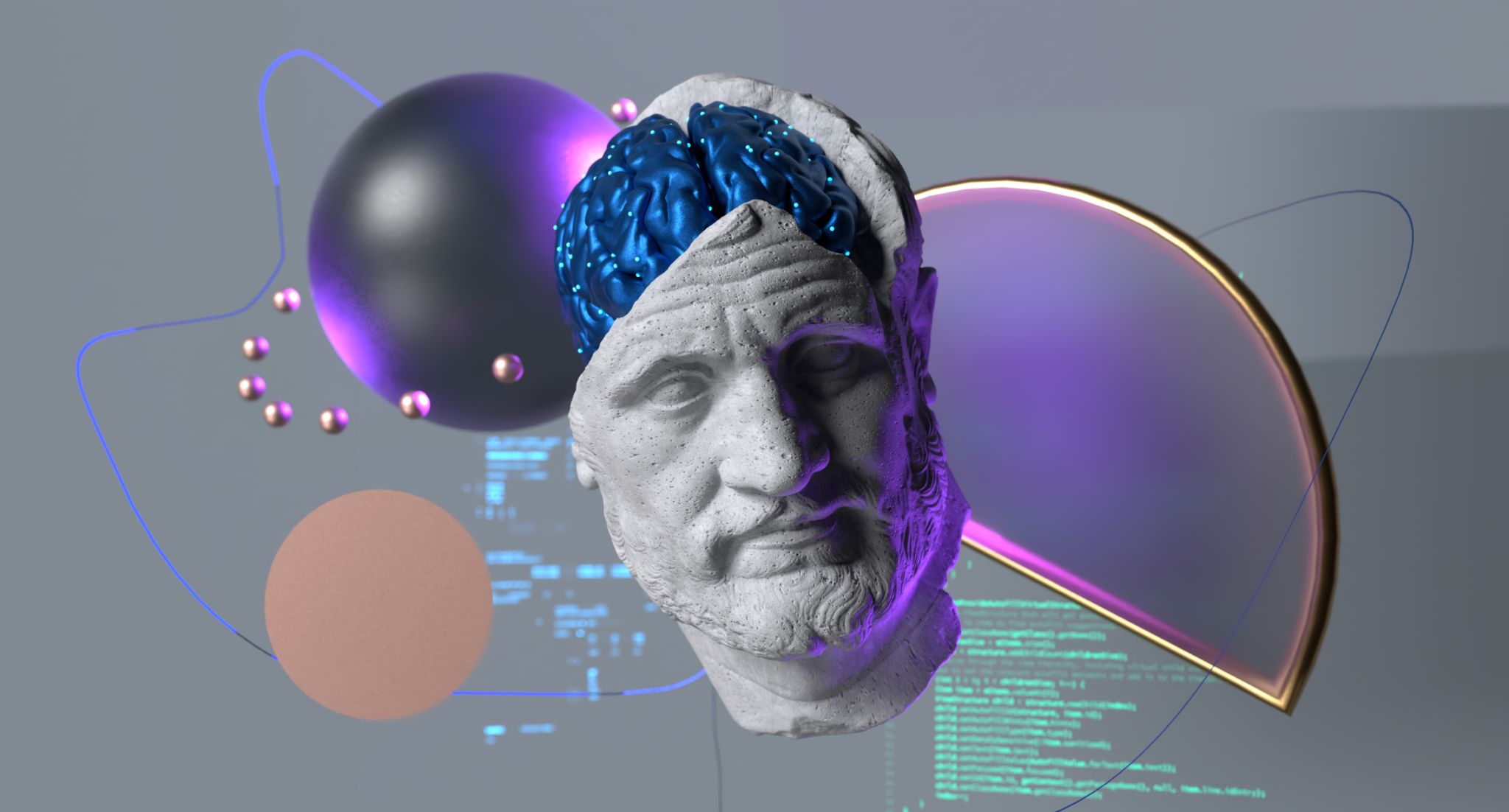AI Marketing 101: Common Misconceptions Debunked
Understanding AI Marketing
In recent years, AI marketing has emerged as a transformative force, revolutionizing how businesses reach and engage with their audiences. However, despite its growing prominence, many misconceptions about AI marketing persist. It's crucial to separate fact from fiction to harness its full potential effectively.
AI marketing involves the use of artificial intelligence technologies to automate data collection, analysis, and interpretation, making marketing efforts more efficient and impactful. Yet, numerous myths cloud its reputation, deterring some businesses from embracing its capabilities.

Misconception 1: AI Marketing is Only for Large Corporations
A common myth is that AI marketing is a tool reserved for large corporations with abundant resources. In reality, AI technologies are increasingly accessible to businesses of all sizes. Thanks to scalable solutions and competitive pricing models, even small and medium-sized enterprises can leverage AI to enhance their marketing strategies.
From chatbots that provide 24/7 customer service to AI-driven analytics platforms that offer insights into customer behavior, AI tools are versatile and adaptable. This accessibility empowers businesses to compete on a more level playing field, regardless of their size.
Misconception 2: AI Replaces Human Creativity
Another misconception is that AI in marketing stifles human creativity. While it's true that AI can automate repetitive tasks and analyze vast datasets faster than any human, it cannot replicate the nuanced creativity that humans bring to the table. Instead, AI should be viewed as a tool that enhances creative processes by providing data-driven insights and freeing up time for marketers to focus on strategy and innovation.

AI can assist in generating content ideas or even writing simple copy, but the creative interpretation and strategic direction remain firmly in the hands of human marketers. The synergy between AI and human creativity is what truly drives successful marketing campaigns.
Misconception 3: AI Marketing Lacks Personalization
Contrary to popular belief, AI marketing excels in personalization. By analyzing consumer data, AI can help create highly personalized marketing campaigns tailored to individual preferences and behaviors. This level of personalization was previously unimaginable with traditional marketing techniques.
AI-powered tools can segment audiences more accurately, recommend products based on past behavior, and deliver personalized content at the right time through the right channels. This enhanced personalization leads to improved customer satisfaction and increased conversion rates.

Misconception 4: AI Marketing is Too Complex
Some marketers hesitate to adopt AI because they believe it requires extensive technical knowledge. While it's true that understanding the fundamentals of AI can be beneficial, many AI marketing solutions are designed with user-friendliness in mind. These platforms often come with intuitive interfaces and robust support systems to assist users in navigating their features.
Furthermore, there are numerous resources available to help marketers learn about AI and its applications in marketing. From online courses to webinars and workshops, acquiring the necessary skills has never been more accessible.
The Future of AI Marketing
The future of AI marketing is bright and full of potential. As technology continues to evolve, so too will the capabilities of AI tools. The key for marketers is to stay informed about these advancements and remain open-minded about integrating new technologies into their strategies.
Embracing AI marketing doesn't mean abandoning traditional methods but rather enhancing them with data-driven precision and efficiency. By debunking these common misconceptions, businesses can better position themselves to thrive in an increasingly competitive digital landscape.
